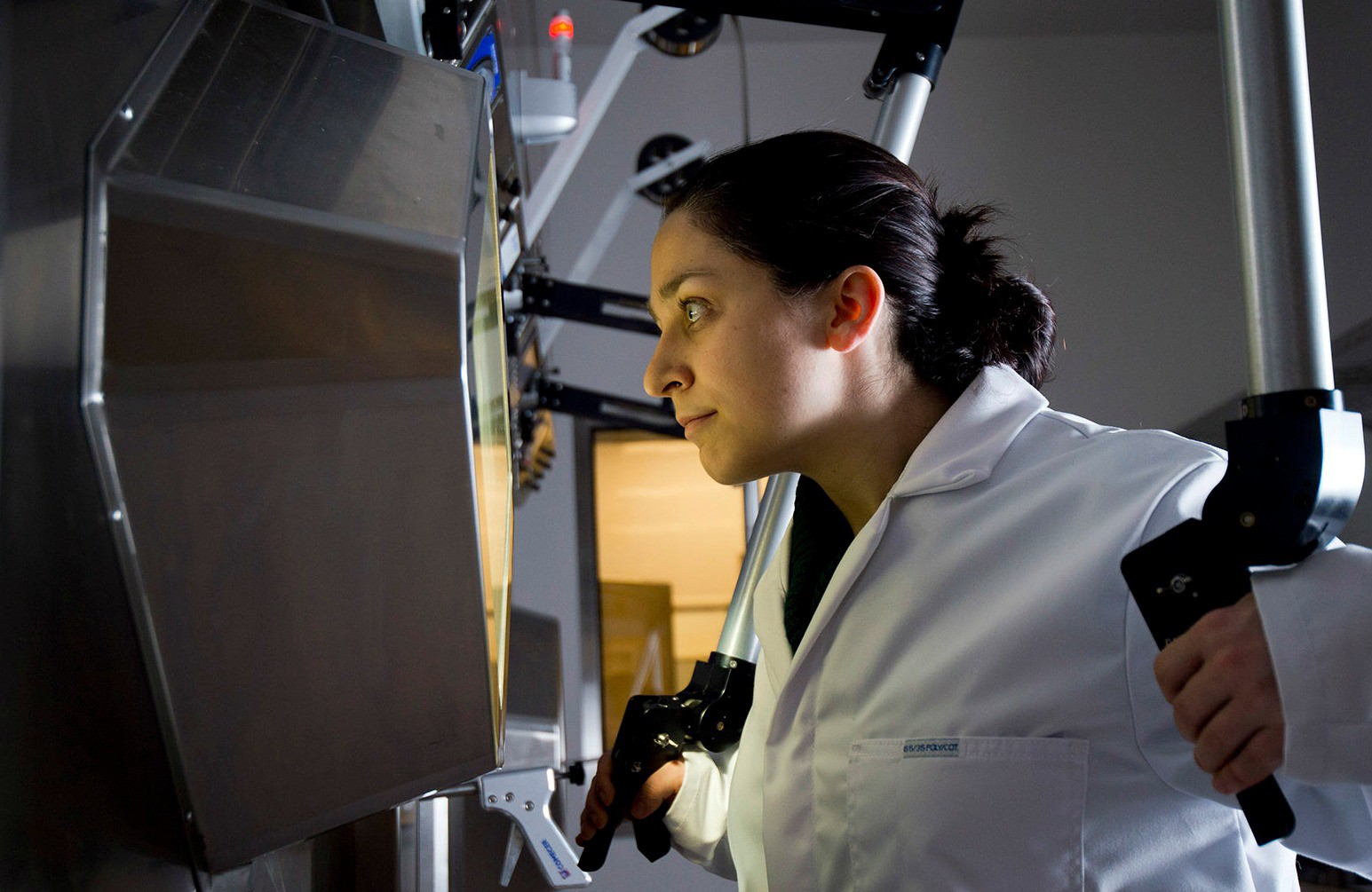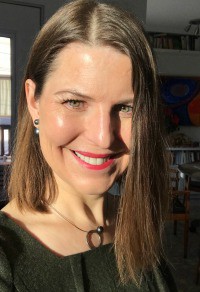
If Canada is to excel in the global knowledge based economy, we have to call up all of our strengths to build and maintain a strong, entrepreneurial science culture that maximizes all of our human resources. - Arthur J. Carty, Canada's Former National Science Advisor
The value of diversity is well known. Women's increased participation and advancement in the workforce bring significant economic benefits to organizations and to Canada. Besides solving skill shortages, enhancing market development, and creating stronger financial and governance performance (WinSETT, 2016), teams with more women have a greater collective intelligence (Woolley, Malone & Berinato, 2011). Enhancing the participation and leadership of women in science, technology, engineering, and math (STEM) fields specifically, will generate even greater positive impacts in our knowledge-based, technological and highly competitive global economy.
Yet, women in STEM face additional challenges and women of colour face even more (Henry et al., 2017; Williams, 2015). These include having to provide more evidence of competence, pressure to work fewer hours after having children, pressure to act stereotypically feminine, distancing themselves from other women, and being mistaken for administrative or custodial staff.
Despite knowing the value and challenges of diversity, making workplaces truly fair and inclusive takes more than aspirational statements. And bias training alone does not work, but can actually inflame hostilities. Instead, focus on interventions (Pruitt et al., 2018); how could employees respond when they hear a racist comment or a sexist joke? Foster inclusivity throughout the organization with formal ice-breaking and introductions, adopt a learning orientation that demonstrates the value of different perspectives, and establish an informal mentoring or buddy system (Phillips, Dumas & Rothbard, 2018). Recruit diverse candidates at all levels to increase contact with women and minorities across the organization and more quickly promote positive cultural change (Dobbin & Kalev, 2016). Support ongoing discussion through workshops, outreach, and one-on-one meetings by tailoring the content to match the needs of the group (Pruitt et al., 2018).
To be part of the diversity discussion, we invite you to attend CCWESTT2018.comCCWESTT2018.com. We have three exciting days of workshops, a policy forum, learning, networking, and inspiration in the heart of downtown Edmonton. Our theme of "Learn. Grow. Act." focuses on what we know about diversity and inclusion, how can we best promote it, and how can we all flourish as a result.
Lianne M. Lefsrud, PhD, PEng - Co-Chair CCWESTT2018 and Assistant Professor, Engineering Safety and Risk Management

Lianne Lefsrud is an Assistant Professor, Engineering Safety and Risk Management. She examines the risk acceptability of established technologies like oilsands and newer innovations like genomics and geothermal energy. Her research is funded by NSERC, SSHRC, KIAS, OHS Futures, and others. She was honoured with the CAFA Distinguished Academic Early Career Award in 2017. Her experiences have motivated her involvement in diversity initiatives including WISEST and CCWESTT2018.com.
References
Dobbin, F., & Kalev, A. (2016). Why diversity programs fail and what works better. Harvard Business Review, 94(7), 14.
Henry, F., Dua, E., James, C. E., Kobayashi, A., Li, P., Ramos, H., & Smith, M. S. (2017). The equity myth: Racialization and indigeneity at Canadian universities. UBC Press.
Phillips, K.W., Dumas, T.L., & Rothbard, N.P. (2018). Diversity and Authenticity. Harvard Business Review, 96(2): 122-136.
Pruitt, A.S., Brinkworth, C. Young, J. & Aponte, K.L. (2018). 5 Things We Learned About Creating a Successful Workplace Diversity Program. Published on HBR.ORG, March 30, 2018.
Williams, J. C. (2015). The 5 biases pushing women out of STEM. Published on HBR.ORG, March 24, 2015.
WinSETT (2016). Increasing Women in SETT [Science, Engineering, Trades & Technology]: The Business Case http://www.winsett.ca/GetSiteFile/BusinessCaseBrochureEn.pdf
Woolley, A., Malone, T. & Berinato, (2011). What Makes a Team Smarter? More Women. Harvard Business Review, 89 (6): 32-33.